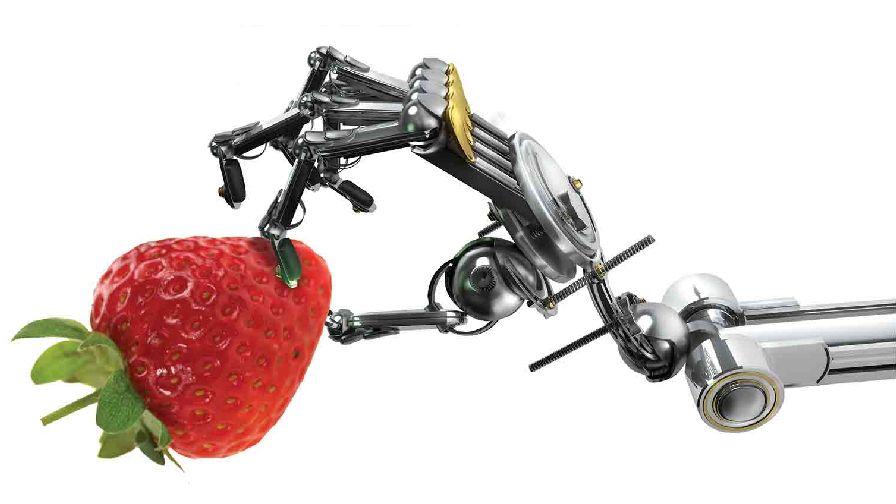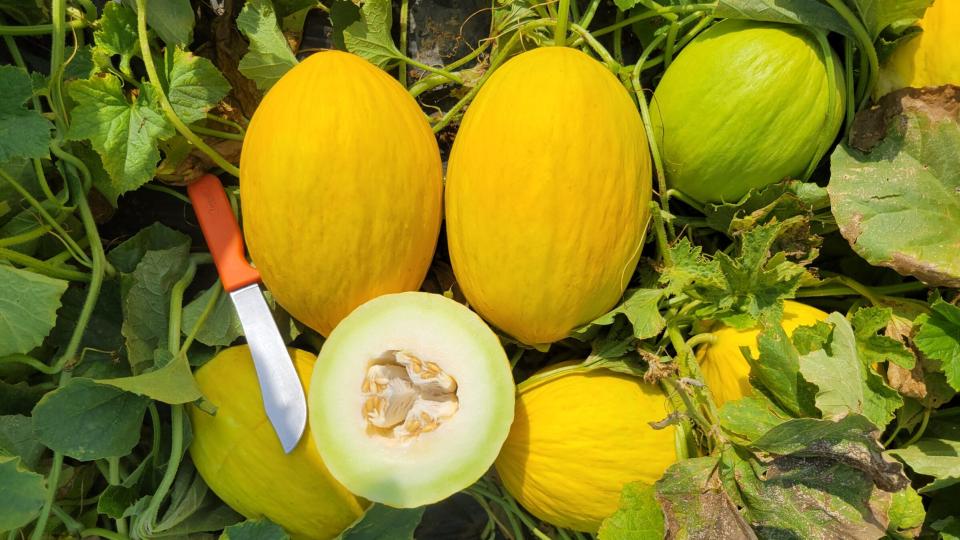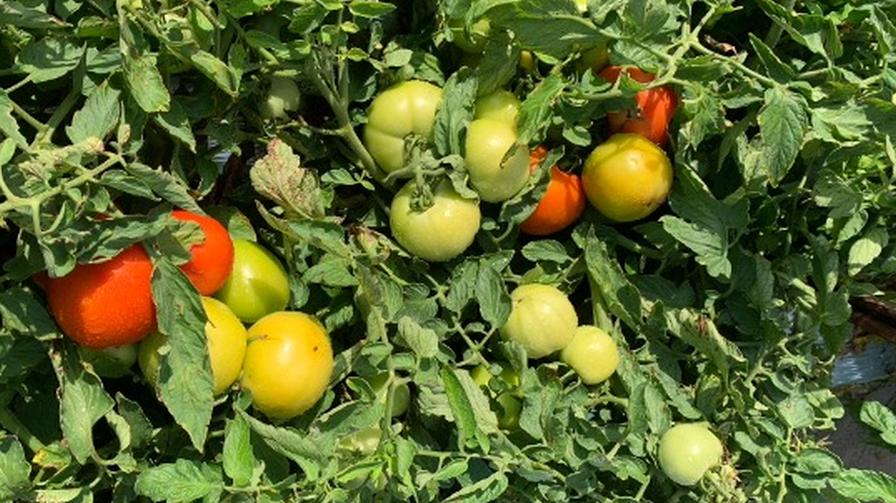Experts Say Pacific Trade Pact Important To Pacific Northwest Growers
For growers who export their produce to Asia — or would like to be able to — at first glance the Trans-Pacific Partnership is an opportunity to export more fruit when the tariffs charged by importing countries are at first reduced, and then done away with entirely.
But there’s far more at stake, according to experts such as Desmond O’Rourke, a former Washington State University economist and publisher of World Apple Report.
 “This is much bigger than the normal trade agreement,” he says. “This is a battle for the future of Pacific Rim.”
“This is much bigger than the normal trade agreement,” he says. “This is a battle for the future of Pacific Rim.”
That’s because the agreement would help offset the influence of China, which prefers “managed trade,” not free trade, O’Rourke says. For examples of the way China operates, he says people need to look no further than how China is trying to control mass media or the Internet.
“There’s a lot at stake here; the U.S. could get locked out,” he says. “It’s like a huge poker game over trade in the Pacific Region.”
A critical benchmark was reached in November, when the text of the Trans-Pacific Partnership agreement was released.
Agriculture Secretary Tom Vilsack said the text confirms the agreement provides new market access for American growers and ranchers, which will support jobs in rural areas.
“At the end of the day, the TPP is about opportunity,” Vilsack said. “The agreement will advance U.S. economic interests in a critical region that accounts for nearly 40% of the global GDP.”
Trade is critical for the health of U.S. agriculture when you consider that the TPP opens wide so many critical markets, said Vilsack.
“With 95% of the world’s consumers outside of our borders, we cannot afford to let this opportunity slip away,” he said.
Exports Critical
The TPP is especially important to growers in the Pacific Northwest, says Mark Powers, the executive vice president of the Northwest Horticultural Council, who has been writing position papers on the TPP for the past five years.
“We produce more fruit in the Pacific Northwest than is consumed in the entire United States,” he says.
In addition, PNW growers can deliver their fruit to Asia for roughly the same price as they can to ship it cross-country to New York because the per-mile shipping costs are much lower than the trucking costs.
The lowering of the tariffs is the most immediate impact, though only three of the 12 countries (counting the U.S.) who would be party to the agreement actually charge tariffs. On apples, Malaysia charges a 5% tariff, Vietnam, 10%; and Japan, 17%. The tariffs would be reduced gradually; in fact Japan’s apple tariff isn’t done away with for 11 years.
An 8.5% tariff is charged by the Japanese on cherries, which is significant when you consider that PNW cherry growers currently ship $13 million worth of cherries there. Under the TPP, that tariff would go to zero over six years.
“Dropping tariffs lowers the cost for our product, which obviously helps a lot,” he says.
The U.S., historically a wide open market, doesn’t reduce its tariffs because they are already zero.
“We don’t give up anything in the deal,” Powers says.
Avoid Closing Markets
In addition to removing tariffs, the second component to the TPP covers 30 rules of trade. These rules can have a lot of impact. A good example is the enforcement of phytosanitary measurements, whether warranted or not.
“Some of these can close markets in the blink of an eye,” says Powers, “but under the new rules that immediate knee-jerk reaction won’t be made.”
The beauty of the TPP is that the U.S. isn’t going to have to change laws or regulations, though other countries might have to in order to engage in the agreement.
“The U.S. is exporting the way it does business,” he says.
The TPP still must be ratified by Congress, notes Powers, which is no mean feat. All the trade votes have been close in recent years, passing only because of support from Republicans who sided with the Obama administration on free trade.
The fact that Republicans came together with the Obama administration shows just how important they consider free trade, O’Rourke says, noting that he expects the greatest opposition to the TPP to come from politicians on both the far left and the far right.
“They don’t have the long-term vision to realize we are in a battle of control of free trade with China,” he says. “It’s a much broader battle than lower tariffs on apples.”









